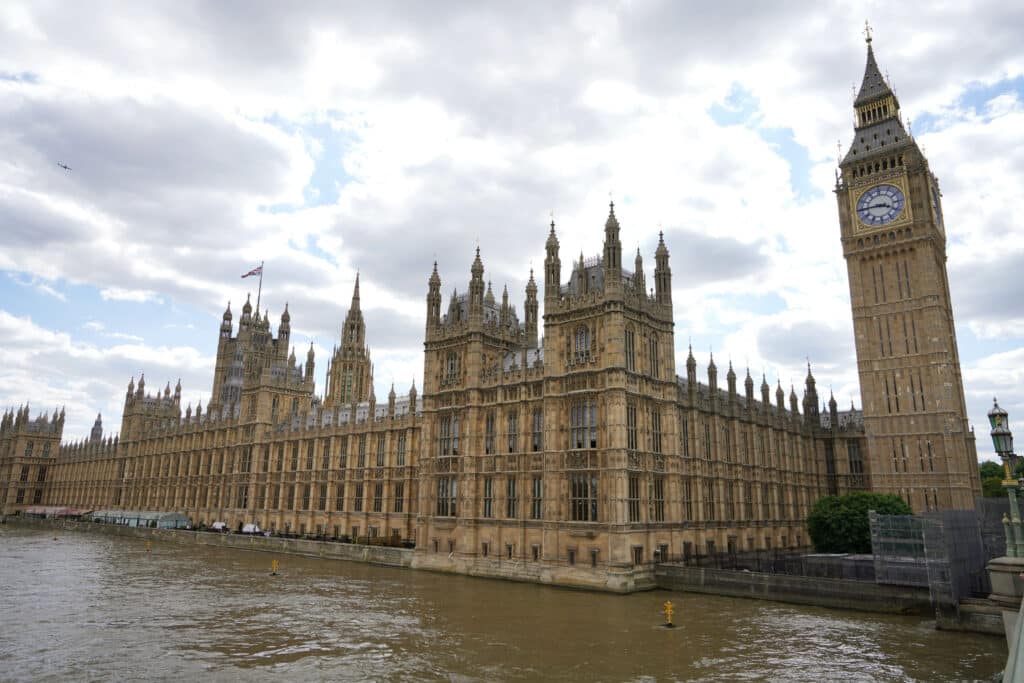This month I have been asked to look at what leasehold reforms we might expect to see in 2024. It’s safe to say there has been a fair amount of legislative change proposed recently that will be of relevance to leaseholders and freeholders!
Following the extensive work carried out by the Law Commission in 2020, and after ongoing pressure for reform of the leasehold sector, the Government announced the next phase of its reform programme in relation to residential leasehold during the King’s Speech on 7th November 2023, which was quickly followed by the introduction of The Leasehold and Freehold Reform Bill to Parliament on 27 November 2023. The Bill received its second reading on 11th December.
The Leasehold and Freehold Reform Bill will set the tone and context for much of the reform to leasehold law over the coming year. The Government says it represents “the most significant reforms of the leasehold system for a generation.”
The Bill had originally been expected to include a ban on the sale of new leasehold houses. This provision was omitted but it now appears that this omission was accidental and that it will have to be included as an amendment as the Bill progresses through Parliament. It remains to be seen what other amendments will be tagged on as the Bill is subjected to Parliamentary scrutiny. More detail on this will emerge when it gets to the Committee stage.
Perhaps the most significant change is the proposed reform to valuation to eliminate ‘marriage value’ from lease extension and enfranchisement premium calculations. The removal of marriage value would represent a seismic change, which would clearly be of benefit to leaseholders with fewer than 80-years remaining on their lease, as the cost of extending their lease would fall significantly.
However, the draft legislation does not specify the rates that will be used to determine lease extension and freehold purchase prices (the deferment and capitalisation rates), which will be set by the Government at some stage in the future. This could have implications for leaseholders, as if the rates are set at higher levels, then lease extension premiums will go down, whereas lower rates will push prices up. To counteract the loss of revenue from the removal of marriage value, it is likely that freeholders will argue for lower rates, which could see the cost of lease extensions increase. There is also the possibility for challenges to valuation reform under human rights legislation.
Ground rents
The Government is also currently consulting on capping ground rents, something that is not in the draft Bill but is clearly within the mind of parliament. The current consultation on closes on 17th January 2024 and there are a range of options being discussed, including a cap, setting ground rents at a fixed level or reducing them to zero.
How this might play into the current or future legislation is not clear, but as with the Leasehold Reform (Ground Rent) Act 2022 perhaps a separate stand-alone Bill might be proposed.
What news of commonhold?
The provisions relating to this Bill fall short of making it mandatory for all new flats to become freehold, and to date the Government has held back from answering calls to introduce commonhold or make it mandatory for all new properties, largely because the current version of commonhold is currently not ‘fit for purpose.’ There seems to be an acceptance on all sides that the programme of work to make it fully workable is a much bigger task.
Whilst ministerial assurances have been given that the work of the Commonhold Council will continue, the current programme of reform will be restricted to existing leaseholds.
Timescales
Given the fact that we are getting closer to a general election, there is no guarantee that the proposals contained in the Leasehold and Freehold Reform Bill will actually make it through Parliament in time to reach the statute books. While both Labour and the Conservatives appear to be broadly in agreement over the proposed reforms, we may well have a long road ahead before these changes become law.
The proposed changes to valuation in particular are a thorny issue and may well be subject to challenges under human rights legislation, which could see the Bill derailed. It is also possible that the Government’s proposals could be changed by amendment as the Bill progresses through Parliament, and while the Government appears keen to act swiftly, the Commons and Lords will both need time to have their say.
Leaseholders have been waiting for reforms since 2017, and while the Government has now provided welcome clarity about its intentions for the next phase of reform, these changes are not law yet. This presents an obvious dilemma – whether to act now under existing legislation, or to wait for further reforms which are not guaranteed.
The facts are specific to each case, so it is difficult to give general advice. Obtaining specific legal advice about the particularities of your case is essential when planning your next steps. Of course, leaseholders with a pressing need to enfranchise can choose to wait and see when the reforms take effect, but they should be clear that they do so at their own risk as the law has not changed yet and the exact scope and timing of any eventual change is not yet clear
If anyone wishes to discuss any aspect of the above, please do not hesitate to contact us by emailing [email protected] or by calling 0207 631 4141.
The above is accurate as at 05 January 2024. The information above may be subject to change.
The content of this note should not be considered legal advice and each matter should be considered on a case-by-case basis.



